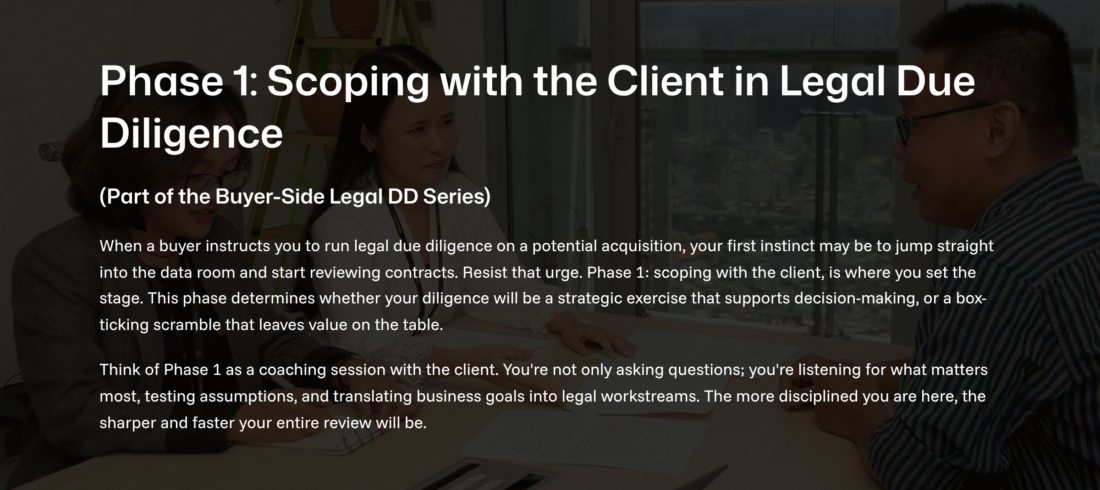To read or download the article, please click the following link.
In today’s competitive Vietnamese market, protecting intellectual property (IP) isn’t just a legal formality – it’s a crucial business strategy. While patents and trademarks often grab the spotlight, trade secrets are the unsung heroes of many companies’ success. Let’s dive into the world of trade secret protection in Vietnam, exploring both the legal landscape and the real-world challenges businesses face.
1. What Exactly is a Trade Secret in Vietnam?
Vietnam’s Intellectual Property Law defines trade secrets as valuable information that’s not public knowledge and is actively protected by its owner. Think of it as the “secret sauce” that gives your business an edge. To qualify as a trade secret, information must tick three boxes:
- It’s not common knowledge in your industry.
- It has real commercial value because it’s secret.
- You’re taking concrete steps to keep it under wraps.
This definition aligns with international standards, giving businesses a solid foundation to work with. However, as we’ll see, the devil is in the details when it comes to actual protection.
2. The Reality Check: Challenges on the Ground
While the law looks good on paper, protecting trade secrets in Vietnam can feel like trying to keep water in a leaky bucket. Here’s why:
- Reverse Engineering is Fair Game: Competitors can legally take apart your product to figure out how it works. If your trade secret can be uncovered this way, you’re in trouble.
- The Burden of Proof is on You: If someone steals your trade secret, you’ll need to prove it was actually secret, valuable, and properly protected. This can be trickier than it sounds, especially if there’s been even a small slip-up in your security measures.
- Enforcement Can Be an Uphill Battle: While legal options exist, actually enforcing your rights can be time-consuming and expensive. Many businesses find the process frustrating and unpredictable.
3. Trade Secret or Patent? Choose Wisely
Given these challenges, you might be wondering if a patent would be a better bet. Here’s how to weigh your options:
- Long-Term Value: If your innovation will be valuable for decades, a trade secret might be worth the risk. Patents expire after 20 years.
- Reverse Engineering Risk: If your product can be easily figured out, a patent offers clearer protection.
- Internal Processes: Innovations that happen behind closed doors are often better suited for trade secret protection.
4. Practical Steps to Protect Your Trade Secrets
Now for the good news – there are concrete steps you can take to safeguard your trade secrets:
- Lock It Down with NDAs: Make sure everyone who comes into contact with your secrets signs a solid non-disclosure agreement. This includes employees, contractors, and business partners.
- Need-to-Know Basis: Limit access to sensitive information. Use both physical barriers (locked rooms) and digital ones (password protection, encryption) to keep secrets contained.
- Train Your Team: Regular training sessions on trade secret protection aren’t just good practice – they show you’re serious about security if you ever end up in court.
- Stay Vigilant: Keep an eye on the market for potential copycats. If you suspect your trade secret has been stolen, act fast. Sometimes, a strongly worded letter from a lawyer can nip problems in the bud.
- Consider Administrative Action: If things escalate, filing a complaint with the National Office of Intellectual Property (NOIP) can be quicker and cheaper than a full-blown lawsuit. However, be prepared for civil or even criminal action in serious cases.
5. The Bottom Line
Protecting trade secrets in Vietnam requires a mix of legal savvy and practical smarts. The law provides a framework, but it’s up to you to build a fortress around your valuable information. By understanding the risks, implementing tight security measures, and being ready to act if your secrets are threatened, you can turn your trade secrets into a lasting competitive advantage.
Remember, in the fast-paced Vietnamese market, your proprietary knowledge can be your greatest asset. Treat it that way, and you’ll be well-positioned to thrive in this dynamic business environment.







